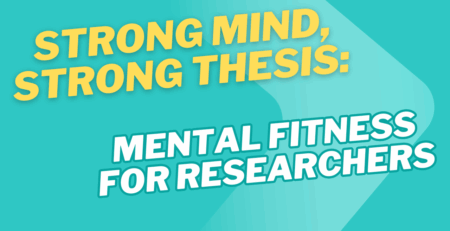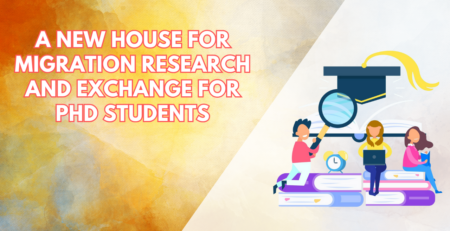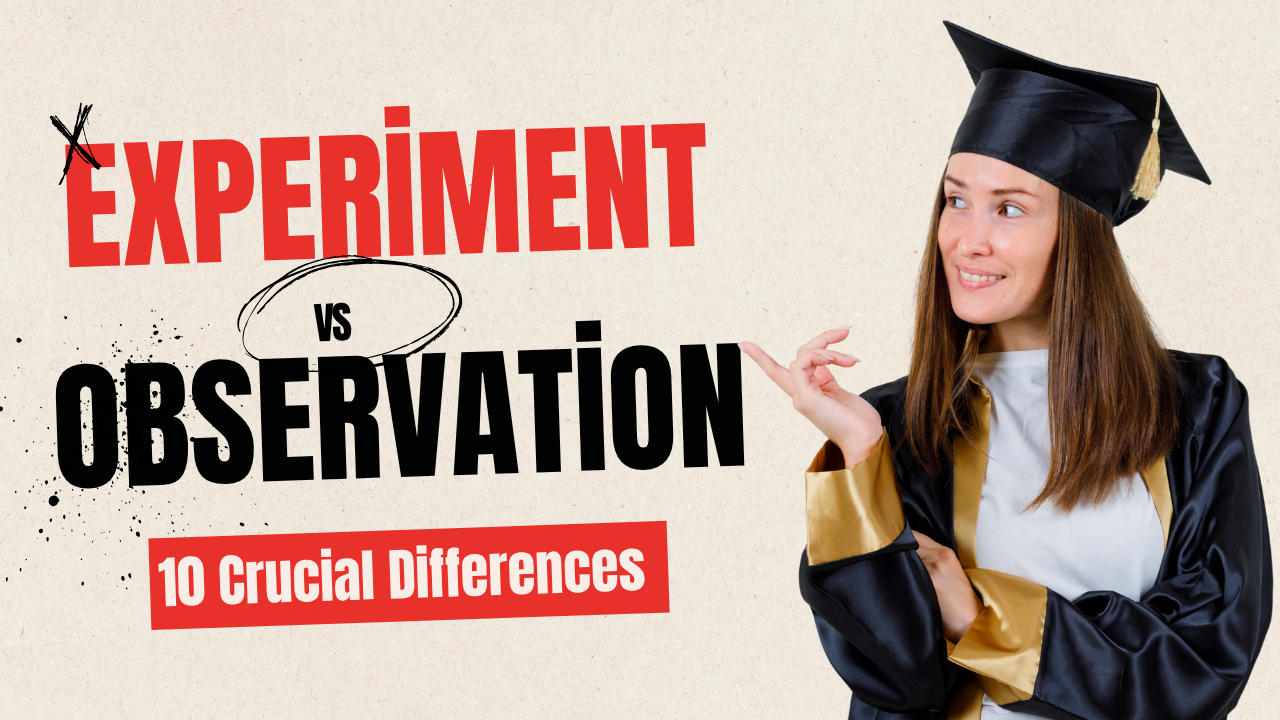Transforming engineering design with GenAI
Kenfra Research2023-12-26T16:39:45+05:30Transforming engineering design with GenAI
“Transforming engineering design with GenAI” signifies the integration of artificial intelligence (AI), specifically generated intelligence (GenAI), into the field of engineering design. This convergence holds the potential to revolutionize traditional design processes, offering innovative solutions and efficiency improvements. Here are several key aspects to consider in understanding this transformation
Intelligent Design Optimization: GenAI can analyze vast datasets and design parameters to optimize engineering solutions. Through machine learning algorithms, it can identify patterns, iterate designs, and recommend improvements, leading to more efficient and effective engineering outcomes.
Automated Decision-Making: The integration of GenAI allows for automated decision-making in the engineering design process. By considering various factors, constraints, and objectives, AI algorithms can make real-time decisions, accelerating the design cycle and reducing the need for extensive manual intervention.
Enhanced Creativity and Innovation: GenAI can act as a creative collaborator, proposing novel design ideas and solutions that may not have been immediately apparent to human designers. By augmenting human creativity, GenAI contributes to a more diverse range of innovative designs.
Predictive Analysis and Simulation: GenAI facilitates predictive analysis and simulation, allowing engineers to anticipate the performance of designs in different scenarios. This capability significantly reduces the need for physical prototypes and testing, saving time and resources in the design and development process.

5. Personalized Design Solutions: Through the analysis of user preferences, historical data, and project requirements, GenAI can tailor design solutions to specific needs. This personalization ensures that engineering designs align closely with the intended application and end-user requirements.
6. Collaborative Design Environments: GenAI supports collaborative design environments by providing insights and suggestions to interdisciplinary teams. This fosters a more integrated and dynamic design process, where different expertise areas can benefit from AI-generated insights.
7. Continuous Learning and Adaptation: GenAI continuously learns from each design iteration and the associated feedback, adapting its algorithms to evolving challenges and opportunities. This adaptive capability ensures that the AI becomes increasingly proficient over time.
8. Ethical and Responsible Design Practices: As with any technological advancement, incorporating GenAI into engineering design requires a focus on ethical considerations. This includes ensuring fairness in algorithms, transparency in decision-making, and responsible handling of sensitive data.





Leave a Reply